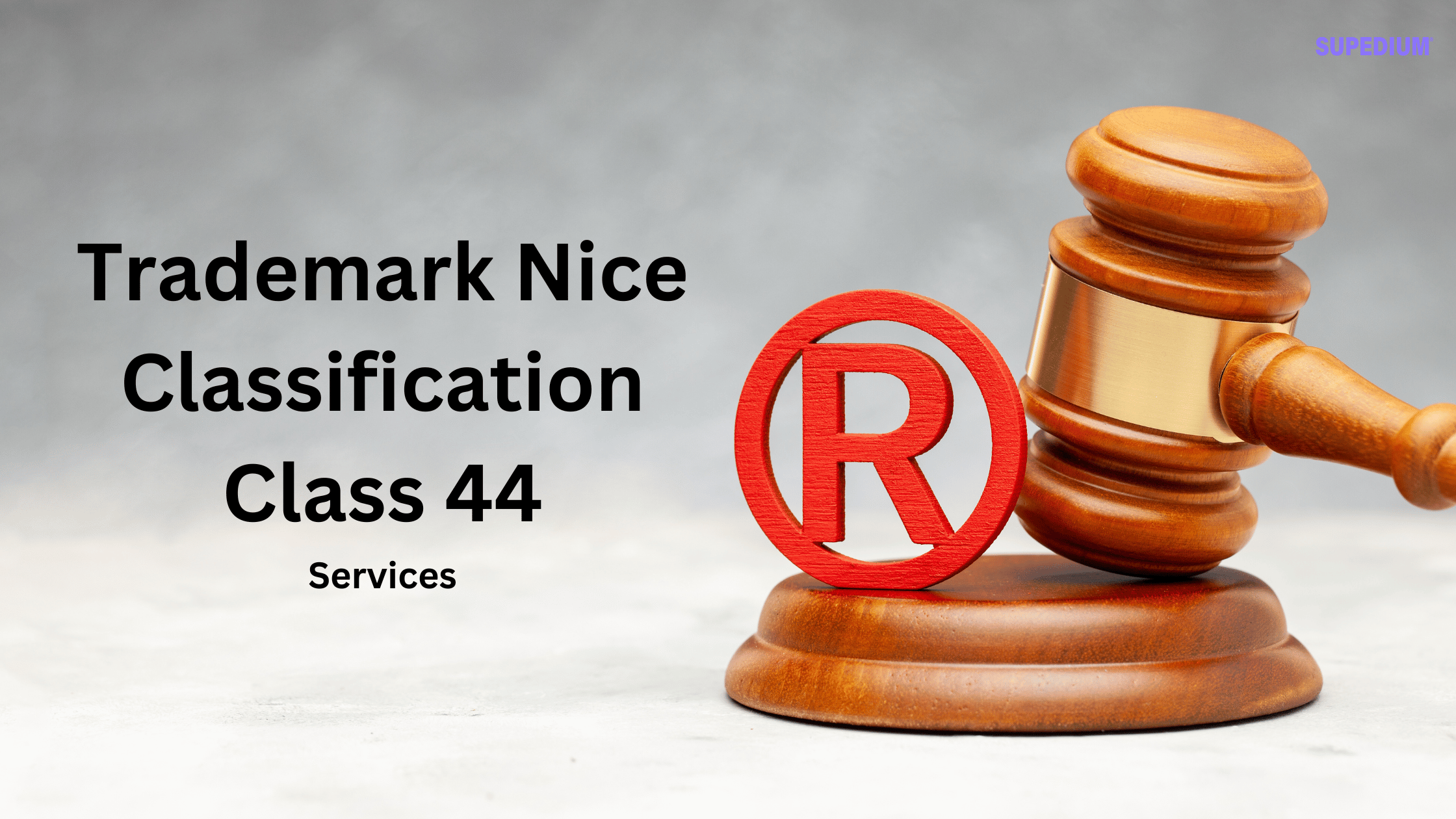Table of Contents
![]()
Grief and loss are profound experiences that can deeply affect our emotional and physical well-being. Understanding and managing these experiences is crucial for maintaining mental health and achieving a sense of closure and recovery. This article provides a detailed exploration of grief and loss, offering insights into the grieving process, coping strategies, and long-term management.
Understanding Grief
The Grieving Process
Grief is a complex emotional response to the experience of loss. One well-known framework for understanding grief is the Five Stages of Grief, introduced by psychiatrist Elisabeth Kübler-Ross. These stages include:
- Denial: The initial reaction may be shock and denial. It’s a defense mechanism that helps us cope with the overwhelming emotions.
- Anger: As the masking effects of denial begin to wear off, the reality and its pain emerge, often leading to frustration and anger.
- Bargaining: The third stage involves trying to make deals or bargains with a higher power or oneself to reverse or lessen the impact of the loss.
- Depression: This stage is characterized by deep feelings of sadness and despair as the individual confronts the full reality of the loss.
- Acceptance: The final stage involves coming to terms with the reality of the loss, finding a way to move forward, and beginning to adjust to life without what has been lost.
It’s important to note that not everyone will experience these stages in a linear fashion, and some may experience them differently.
Types of Grief
- Anticipatory Grief: Occurs before the actual loss, often experienced by those who are expecting the death of a loved one due to illness.
- Complicated or Prolonged Grief: When grief does not diminish over time and continues to impair functioning, requiring professional intervention.
- Disenfranchised Grief: Refers to grief that is not acknowledged or supported by society, such as the loss of a pet or a non-traditional relationship.
Causes and Types of Loss
Types of Loss
- Death of a Loved One: This is perhaps the most recognized form of loss, involving the death of a family member, friend, or significant other.
- Divorce or Separation: The end of a relationship can lead to grief over the loss of companionship and shared dreams.
- Loss of Health or Independence: Health issues or disabilities can significantly impact one’s quality of life and sense of self.
- Loss of Employment or Career: Job loss can lead to financial strain and identity issues, affecting self-esteem and security.
- Loss of a Pet: Pets often hold significant emotional value, and their loss can be deeply felt.
- Loss of Identity or Self-Esteem: Situations that challenge personal identity or self-worth can lead to profound grief.
Unique Aspects of Each Type of Loss
Each type of loss carries its own emotional and psychological impacts. For example, the death of a loved one typically involves mourning and adjusting to life without that person, while job loss may involve coping with financial stress and redefining one’s career path. Understanding these unique aspects helps in tailoring appropriate coping strategies.
Coping Strategies
Emotional and Psychological Techniques
- Self-care Practices: Maintaining physical health through exercise, balanced nutrition, and good sleep hygiene can support emotional well-being during grief.
- Mindfulness and Meditation: These practices can help manage stress and provide a sense of calm and clarity.
- Journaling and Expressive Writing: Writing about feelings can be a therapeutic way to process grief and explore emotions.
Seeking Support
- Professional Help: Therapists and counselors can provide guidance and support through individual or group therapy. Specialized support groups for grief can offer shared experiences and coping strategies.
- Social Support: Leaning on family and friends can provide comfort and practical assistance. Engaging with community or faith-based support systems can also be beneficial.
Practical Approaches
- Setting Realistic Goals: Establishing small, manageable goals can help individuals regain a sense of control and progress.
- Developing Routine and Structure: Having a daily routine can provide stability and predictability during a time of upheaval.
- Engaging in Meaningful Activities: Pursuing hobbies and interests can help individuals find purpose and enjoyment despite their grief.
Challenges and Barriers
Common Obstacles in Grieving
- Social Stigma: There can be societal pressure to “move on” quickly, which may invalidate or diminish the grieving process.
- Lack of Support: Some individuals may experience isolation or a lack of understanding from their social circles.
- Financial Stress: Loss of employment or unexpected expenses related to grief can add to the emotional burden.
Overcoming Barriers
- Education and Awareness: Raising awareness about the normalcy and necessity of grieving can help reduce stigma and foster support.
- Advocacy for Grief Support: Encouraging institutions and communities to offer grief support resources can address gaps in support.
- Building a Support Network: Actively seeking and nurturing supportive relationships can mitigate feelings of isolation.
Special Considerations
Grief in Different Age Groups
- Children and Adolescents: Young people may experience grief differently, often needing age-appropriate explanations and support.
- Adults: Adult grief may involve complex emotions and responsibilities, requiring a balance between personal mourning and daily life.
- Elderly: Older individuals may face grief alongside other life changes, such as health issues or diminished social networks.
Cultural and Religious Perspectives on Grief
- Diverse Rituals and Practices: Different cultures have unique ways of mourning and celebrating lives, which can influence the grieving process.
- Cultural Attitudes: Societal attitudes towards grief can affect how individuals experience and express their sorrow.
Impact of Grief on Daily Life and Functioning
- Work and Productivity: Grief can affect concentration, motivation, and productivity, impacting professional life.
- Relationships and Social Interactions: Grieving individuals may withdraw from social interactions or experience strained relationships.
Long-Term Management and Healing
Adjusting to Life After Loss
- Finding New Meaning and Purpose: Post-loss, individuals may seek to redefine their lives and find new goals or activities that bring fulfillment.
- Rebuilding and Moving Forward: Gradually reconstructing one’s life and embracing new opportunities can facilitate healing.
Continuing Support and Self-Care
- Ongoing Therapy and Counseling: Continued professional support can help address lingering issues and support long-term adjustment.
- Support Groups and Community Resources: Engaging with ongoing support networks can provide sustained comfort and connection.
Growth and Resilience
- Personal Growth through Grief: Many individuals find that grief leads to personal growth and a deeper appreciation for life.
- Developing Resilience and Coping Skills: Building resilience through the grieving process can enhance one’s ability to handle future challenges.
Conclusion
Grief and loss are universal experiences that require careful management and understanding. By recognizing the nature of grief, employing effective coping strategies, and seeking appropriate support, individuals can navigate their grief journey more effectively. Continued self-care and support are essential for healing and rebuilding a fulfilling life after loss.
Share This




Be the first to comment